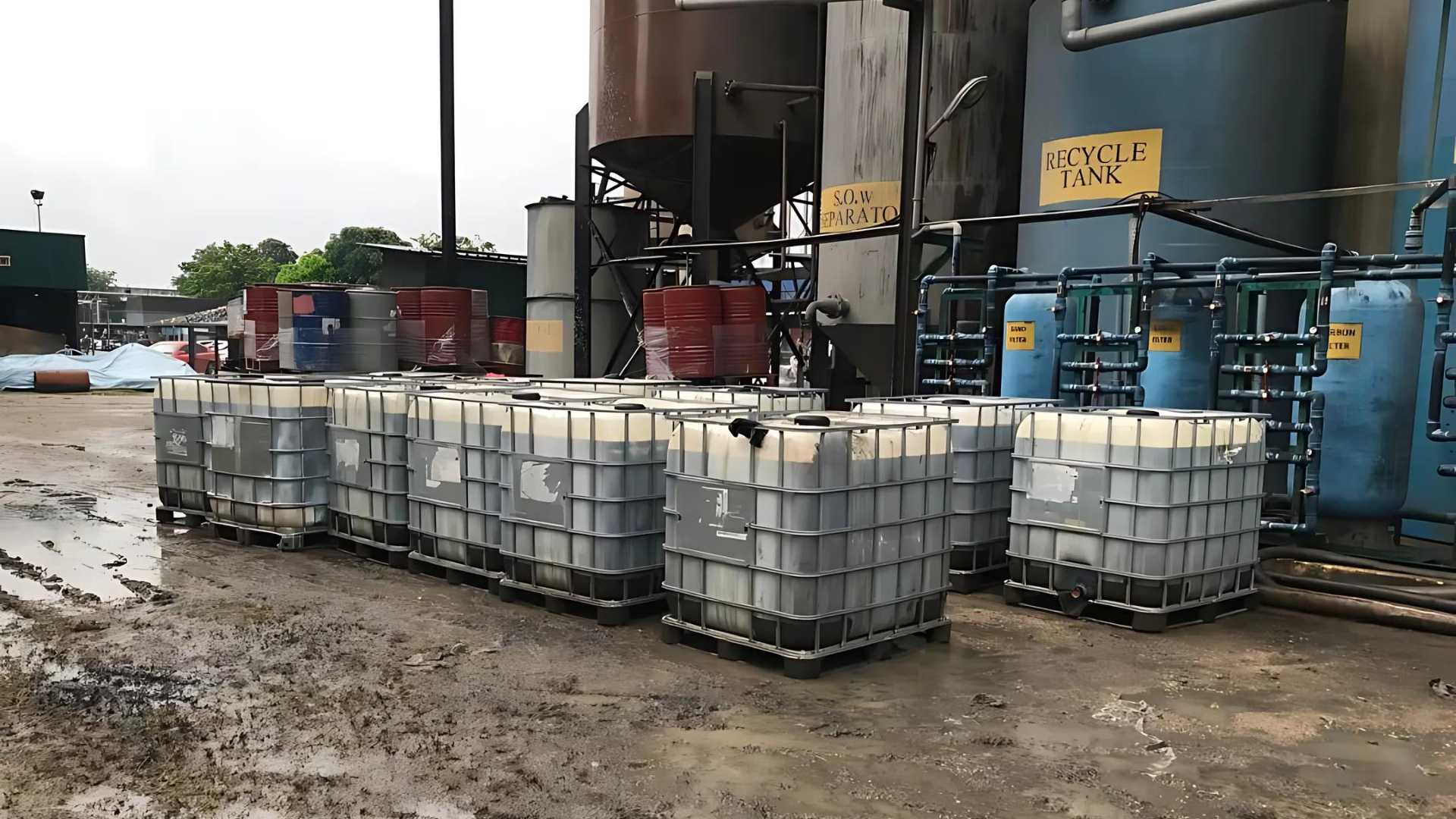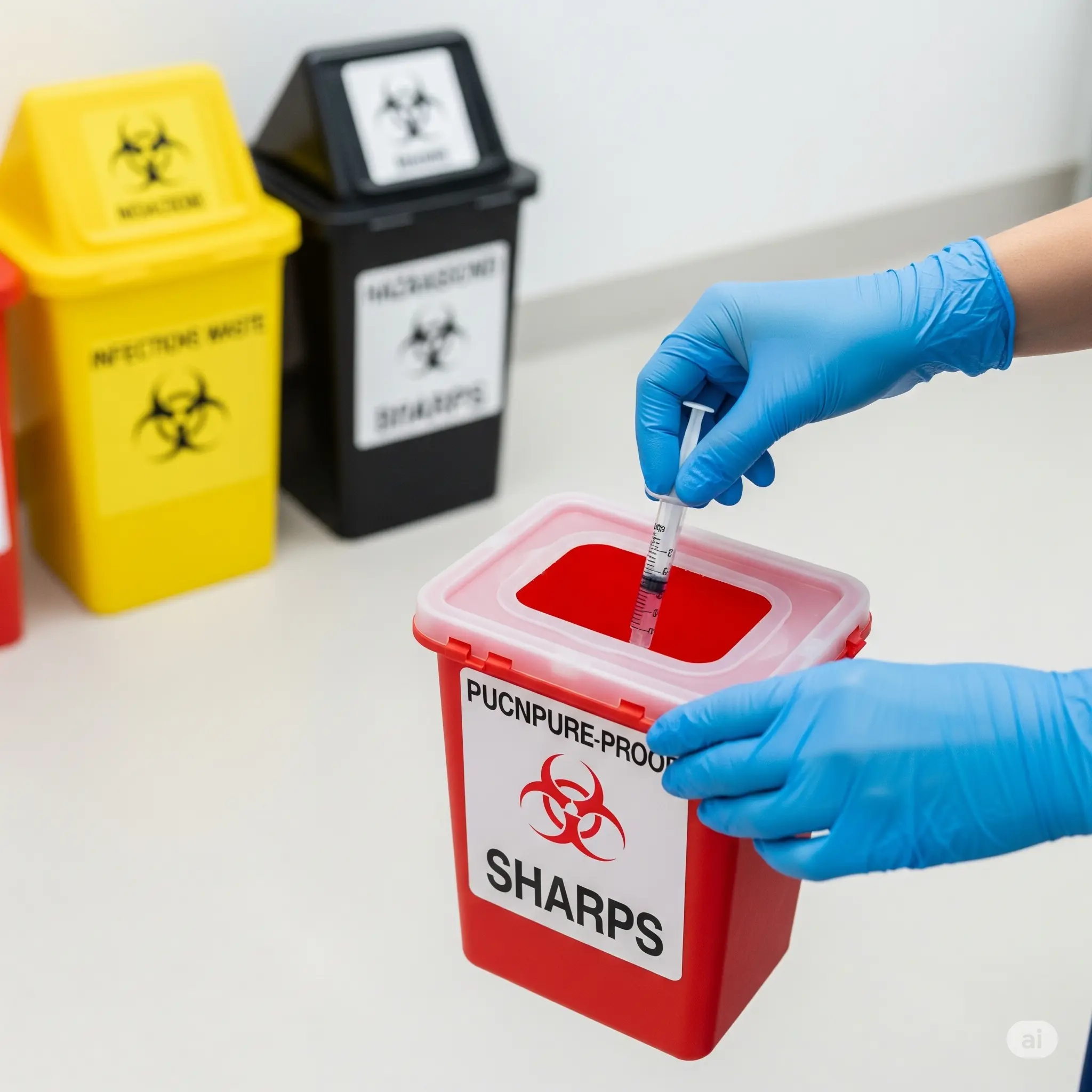In Malaysia’s industrial sector, understanding your responsibilities is paramount. Therefore, one of the most critical areas of compliance is managing “Scheduled Waste” or Sisa Buangan Terjadual. But what exactly is scheduled waste, and what are your obligations under the law? This simple guide will break it down for you.
Answering: What is Scheduled Waste in Malaysia?
The Department of Environment (DOE) defines Scheduled Waste under the Environmental Quality (Scheduled Wastes) Regulations 2005. Simply put, it is any waste that, due to its nature and ingredients, is considered potentially harmful to public health and the environment.
For example, these aren’t your typical office or construction wastes. Instead, they are byproducts of industrial processes and include materials like used oil, chemical solvents, e-waste, and industrial sludge. To help with classification, the DOE provides a comprehensive list of waste codes (e.g., SW 104, SW 305) for each type of scheduled waste.
Why is Proper Management So Important?
Improper disposal of scheduled waste can lead to severe consequences. For instance, it can cause:
- Environmental Damage: Contamination of soil, water sources, and harm to local ecosystems.
- Public Health Risks: Exposure to hazardous materials can cause serious health issues.
- Strict Legal Penalties: Furthermore, the DOE imposes heavy fines and even imprisonment for companies that do not comply with the regulations.
As a result, you cannot simply dispose of scheduled waste in a regular landfill. Instead, it requires specialized handling, treatment, and disposal by a licensed and competent contractor.
Your 3 Core Responsibilities
As a waste generator, your business has three core responsibilities:
- Identification: You must correctly identify and classify any scheduled waste your operations produce according to the official waste codes.
- Storage: Waste must be stored safely and securely on-site in proper containers, clearly labeled, and for a limited time.
- Disposal: You must engage a DOE-licensed waste management company, like Ridge Amber, to collect, transport, treat, and dispose of the waste. All steps must be documented using an e-Consignment note system.
Conclusion: Your Partner in Compliance
Understanding what scheduled waste is in Malaysia is the first step toward responsible management. While the regulations can seem complex, you don’t have to navigate them alone. Ultimately, partnering with an expert ensures your business remains safe, compliant, and focused on what you do best.
Need help identifying or managing your scheduled waste? Contact Ridge Amber today for a no-obligation consultation.




